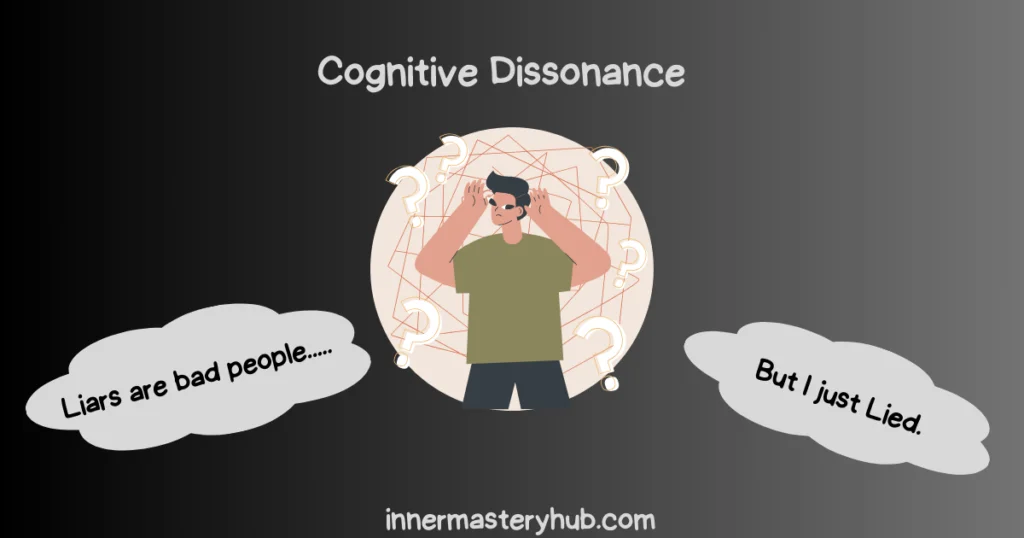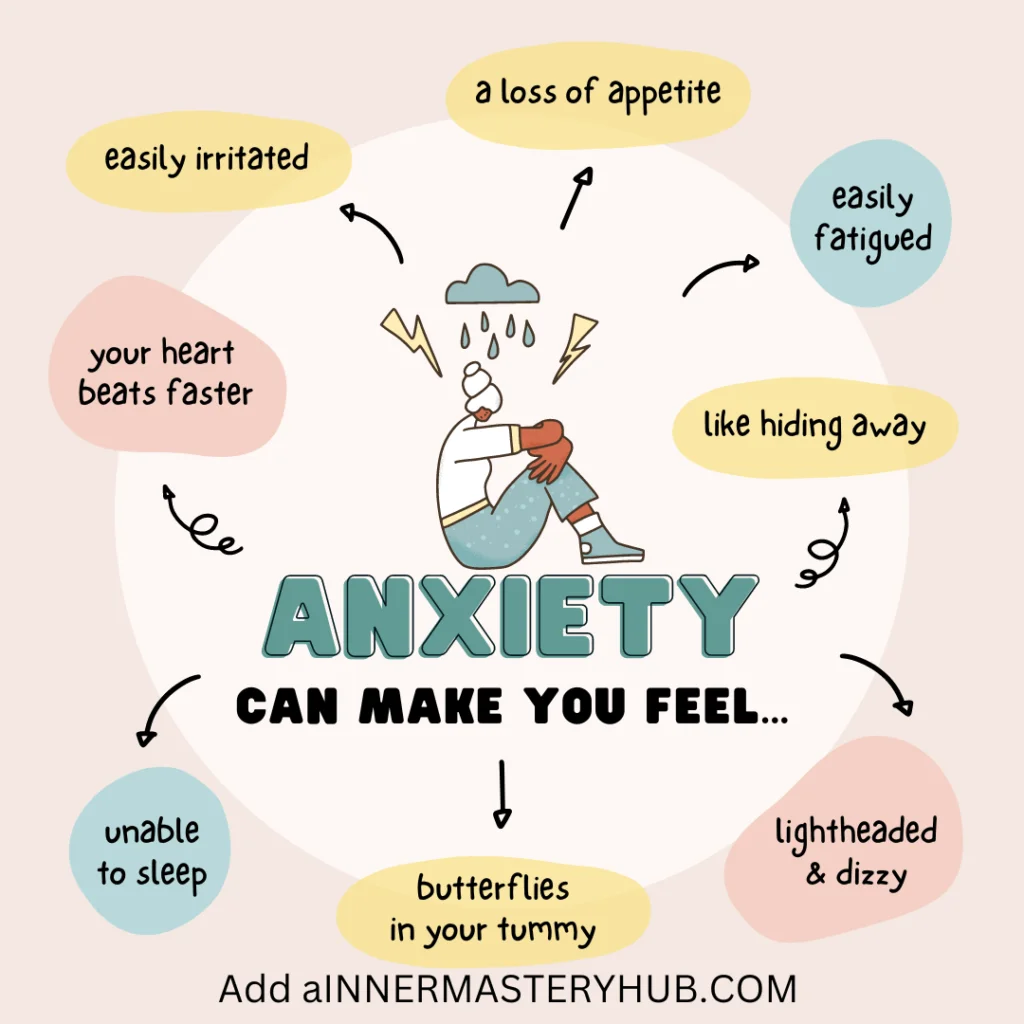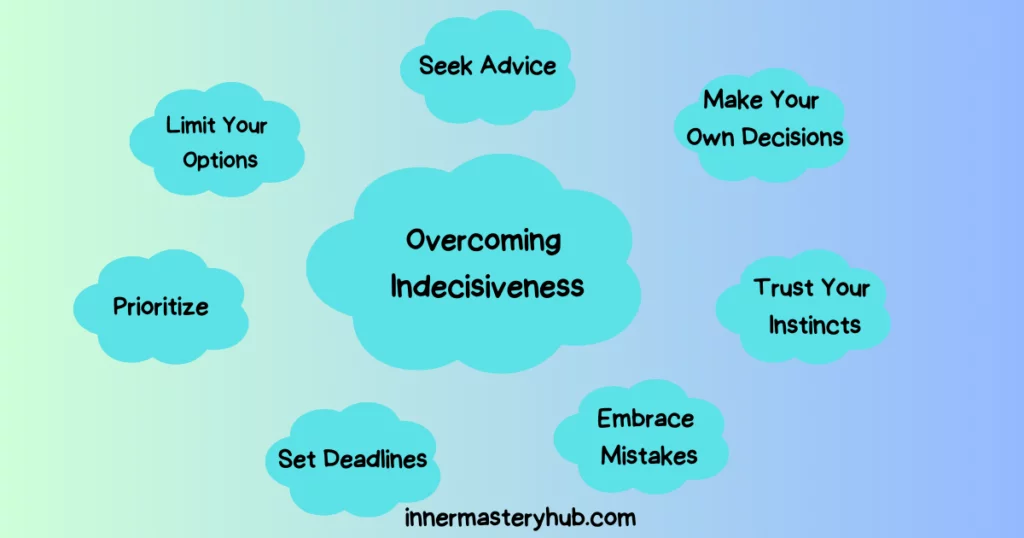
“Familiarity breeds contempt meaning” is an old proverb that you may be familiar with. We essentially utilize it as an idiom in our daily lives. The definition of “familiarity breeds contempt” from the Cambridge English Dictionary states that having a close relationship with someone might make them less respectable.
It implies that your liking for a person or circumstance decreases as you become more acquainted with them. For example, even if you admire your new neighbor from a distance, you may start to see flaws that bother you after you start spending a lot of time with them. Does this mean that you care less about someone the closer you get to them? Let’s go further and learn more!
Table of Contents
How do you find familiarity breeds contempt in our day-to-day life? Real-Life Examples
Let’s talk about how this “familiarity breeds contempt thing shows up in our everyday lives.
“Familiarity breeds contempt” is a saying we frequently use while discussing problems in our daily lives with others. be a friend, family member, or spouse.
When it comes to close friends or partners, you may lose patience with their peculiarities. Initially charming or adorable things might become annoying.
If you live with family, you may become annoyed by their behaviors. You may become annoyed, for instance, if your sibling consistently takes your belongings without your permission.
It can lose its excitement when you do something you enjoy all the time, like playing a game or a sport. You may become disinterested and not like it as much as you used to.
Simply said, being overly accustomed to someone or something can reduce your appreciation for them.
The psychology behind “familiarity breeds contempt”
The psychology behind “familiarity breeds contempt” comes down to a few key ideas:
As you get to know someone better, your expectations of them increase, and you begin to anticipate particular traits or actions. Someone may become frustrated or disappointed if they don’t live up to these expectations.
As you get to know someone or something better, you start to notice their flaws or irritating habits more. Their small expressions can overshadow the positive aspects and your opinion about them shifts.
With familiarity, you might stop putting in the effort to maintain relationships or keep things interesting. This lack of effort can lead to boredom or taken for granted.
Being too comfortable can sometimes make you less considerate. You might say or do things you wouldn’t normally do with someone you don’t know as well.

5 solutions to deal with familiarity breeds contempt?
The first step in addressing the problem of familiarity fostering disdain is to distance yourself from the person or thing that is frustrating you.
Develop curiosity
Developing curiosity is an easy way to handle the “familiarity breeds contempt” issue. When you stay curious about someone or something, you keep discovering new things about them. This helps keep the relationship or experience fresh and interesting.
Try to find out more about your roommate’s interests or pastimes, for instance, if you start to get annoyed with them. Inquire about their hobbies and motivations. This may give you a fresh perspective on them and serve as a reminder of their distinctive qualities.
If you’re getting bored with a favorite activity, explore different aspects of it. Maybe try a new technique or learn more about its history. This keeps you engaged and helps you see the activity from a new angle.
Curiosity shifts your focus away from what’s annoying or repetitive and brings back a sense of wonder. Staying interested and asking questions allows you to keep things from getting too predictable and can maintain a more positive view.
surprising each other
Unexpected behaviors can give a new dimension to routines and enhance the enjoyment of encounters.
Try giving a friend or relative a modest present or their favorite delicacy simply because, for instance, if you live with them. It might remind them that you value them and make their day.
In a relationship, arrange a fun activity that you haven’t done together before, like a surprise date. It helps you rekindle the initial enthusiasm and breaks up the monotony.
Even at work, you can surprise your coworkers with a kind note or a small gesture of appreciation. It helps keep the atmosphere positive and shows that you value them beyond just daily tasks.
Adding these little surprises, you can break the monotony pattern and keep things from getting stale. It keeps interactions lively and helps maintain a sense of appreciation and excitement.
Setting boundaries
It can help you avoid being frustrated when you put some distance between yourself and other people.
For instance, it’s beneficial to establish clear limits if you live with a roommate and feel like you’re getting irritated too frequently. You may choose to set aside particular periods for solitude or other quiet needs. This lessens the likelihood of irritation and allows you both time to recover.
Making time for yourself or engaging in your interests can be a way to establish boundaries in relationships. Having room to pursue your passions is crucial. In this way, you’re less likely to take your partner for granted or feel overburdened.
Setting limits helps you to appreciate other people more and prevents your relationships from getting too heated. Finding a balance that maintains everyone’s sense of well-being and respect is crucial.
Open Communication
It helps to resolve misunderstandings and keeps minor irritations from turning into major problems when you are honest about your feelings and worries.
Speaking with a friend or family member who is irritating you is preferable to letting the situation worsen. You are able to gently convey your concerns. They may be better able to comprehend your viewpoint and adjust as necessary.
Healthy connections are fostered through communication. Discuss it with your partner if anything they do is beginning to annoy you. Express your emotions to them without placing blame. In this manner, you can collaborate to resolve the issue and maintain the union.
By maintaining open communication, you prevent issues from getting worse. It maintains relationships and interactions more positively and helps everyone understand one another better.
Be grateful
Focusing on the positive aspects of someone or something might help you change your perspective from one of frustration to one of appreciation.
If you’re feeling irritated with a friend or relative, for instance, stop and consider what you have to be grateful for about them. They might have a terrific sense of humor or be there for you no matter what. Reminding yourself of these advantages can make you feel happier all around.
Expressing thankfulness can have a significant impact on a relationship. Spend time praising your partner for the things you appreciate about them, such as preparing meals or offering support. By doing this, you may reduce any annoyances and concentrate on the positive aspects of your partnership.
Your attitude and the atmosphere at work can both be enhanced by expressing thanks. It can increase your appreciation for a coworker and foster a more positive environment if you thank them for their assistance or acknowledge their hard work.
By trying to be thankful, you can shift your attention from your problems to your strengths. It helps you control your frustration and increases your appreciation of the positive aspects of life.
Takeaway
It is human nature to quickly grow disinterested in people, objects, and circumstances. Renewing admiration and making an effort are frequently the countermeasures to familiarity that breed disdain. This entails choosing to concentrate on the good things about a person or circumstance and actively trying to uphold esteem and respect.
Related posts
100+ shadow work questions to ignite self-discovery
25 Best Thought-provoking Personal Why Statement Examples
How to Find Yourself: 17 Powerful Ways to Self-Discovery






